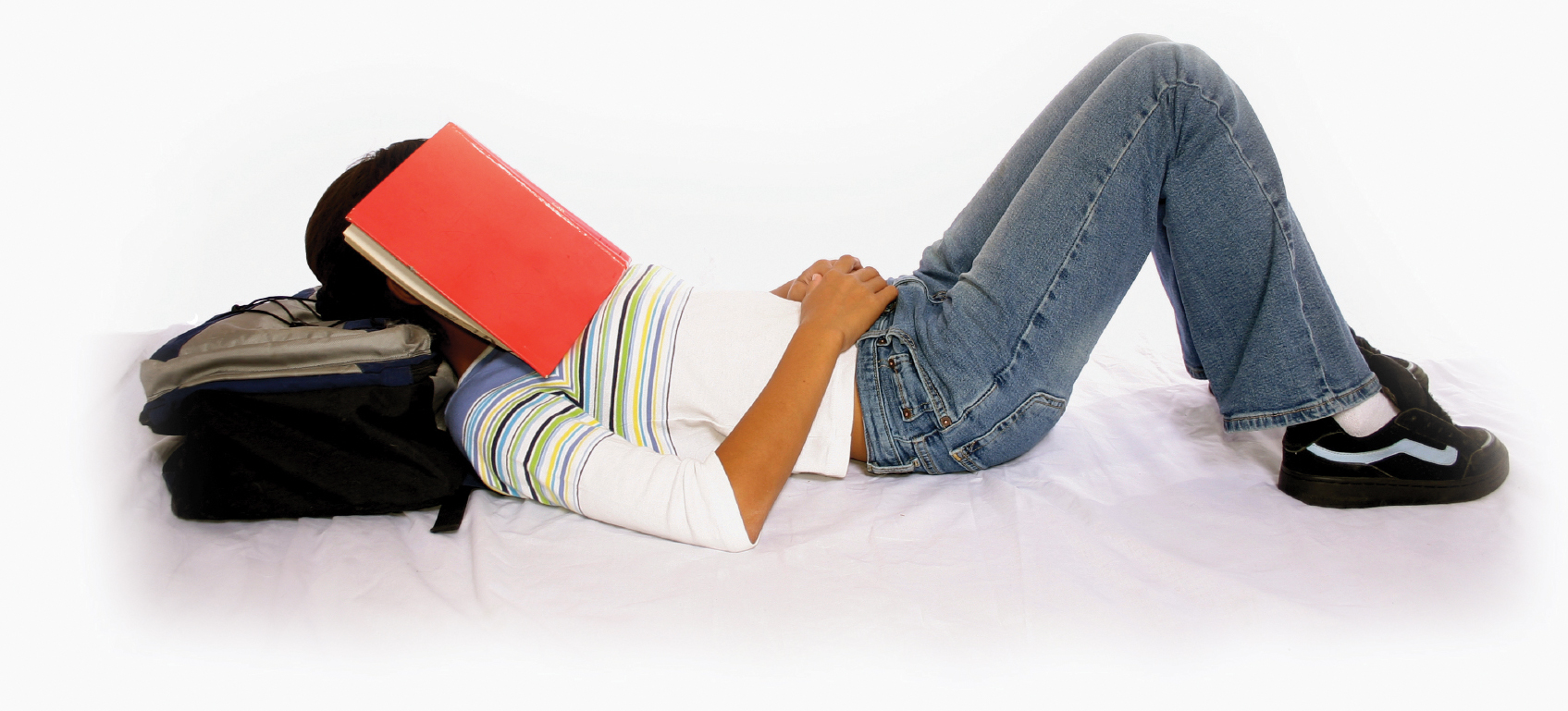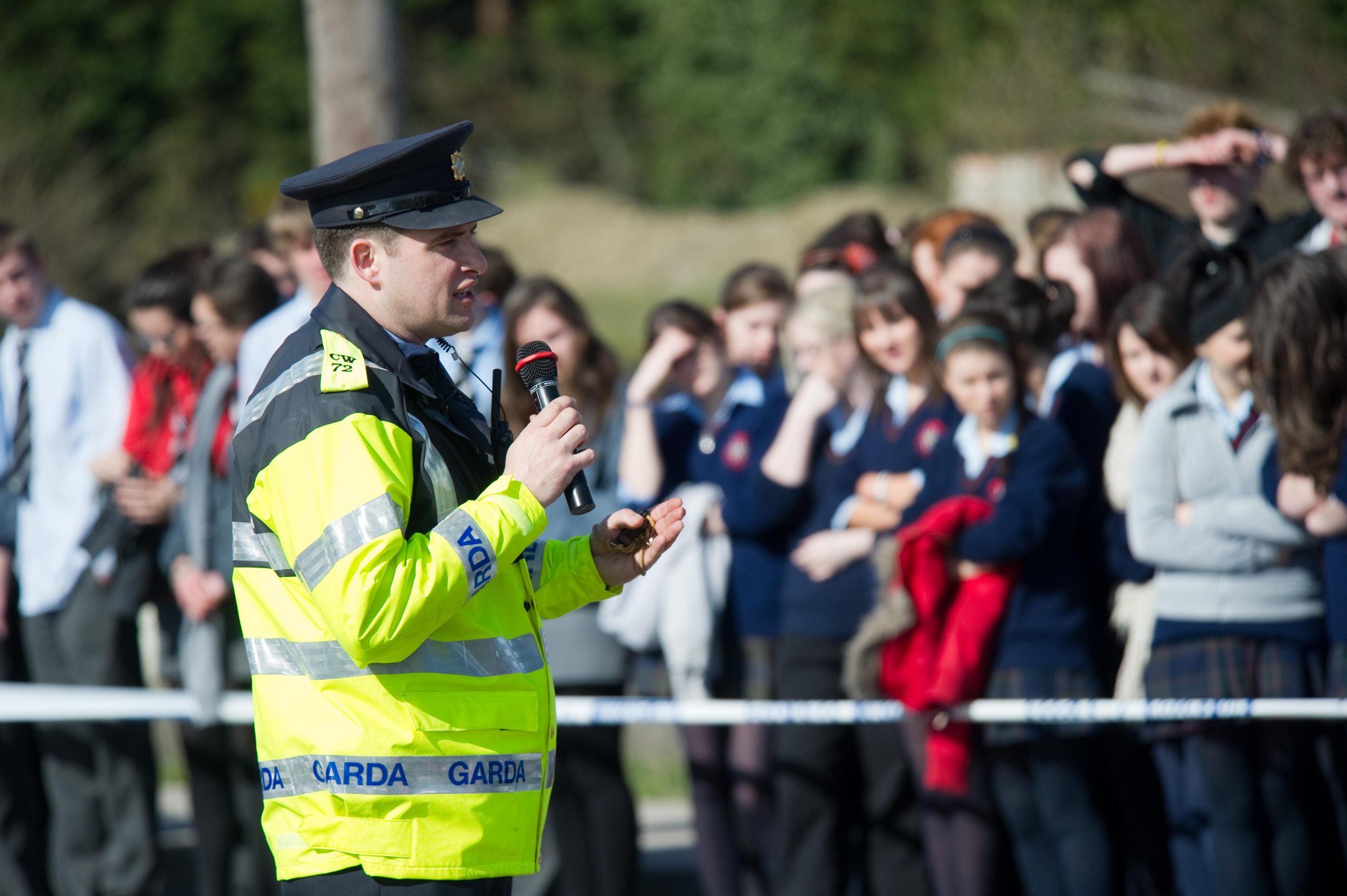Yes, college life is supposed to be about having fun but remember to act responsibly. As a MTU student you represent MTU and yourself and you should respect that. MTU Student Regulations exist to ensure that MTU remains a safe, pleasant and friendly environment for all who occupy it. Students are expected to conduct themselves in a manner consistent with responsible behaviour towards other persons and property within and outside the Institute campuses at all times. Respect and regard must be shown towards your studies, lecturers and any academic activities. You must not engage in any behaviour which may constitute any inconvenience or nuisance to any person(s) within or outside the Institute. Failure to comply with any of the regulations will result in a student disciplinary action.
Many of you will be living in the Bishopstown and surrounding areas during the college term. It is essential to remember that you are coming into a community where people have set up homes and lived for many, many years. You must respect them and the community as a whole at all times. Here are some tips on staying on the right side of your new neighbours:
- Get to know your neighbours. In your first couple of weeks, call around to the people living at either side of you and introduce yourself. Both parties will feel much better when you know who you’re living next to, and it may come in handy if you ever run out of milk or sugar.
- Avoid too much noise/late night parties. These will greatly upset and inconvenience your neighbours and any relationship you have built up with them will fall apart. You need to be considerate and understand that these people may have children, may be elderly and can be scared by all the noise, or may have work the next morning. If you are having some friends around, let your neighbours know beforehand out of courtesy, and in order to stay out of trouble, avoid bringing a crowd back to the house after a night out.
Your college life will be a lot easier if you stay out of trouble. You would be surprised how easy it is to be picked up for a public disorder offence for things like being drunk in the street, so please be conscious of your behaviour. If you do get yourself arrested you will find that boundaries in your life have suddenly appeared. It will come almost impossible to get a visa to go to places like America or Australia.
Your offence will also be permanently on your record, which means if you have to be Garda Vetted for a job, you more than likely will not get the job. Don’t forget you need to be Garda Vetted for courses such as Social Care and Early Years Education. You will find yourself with less options in life if you find yourself in trouble, so think twice before you do something stupid.



